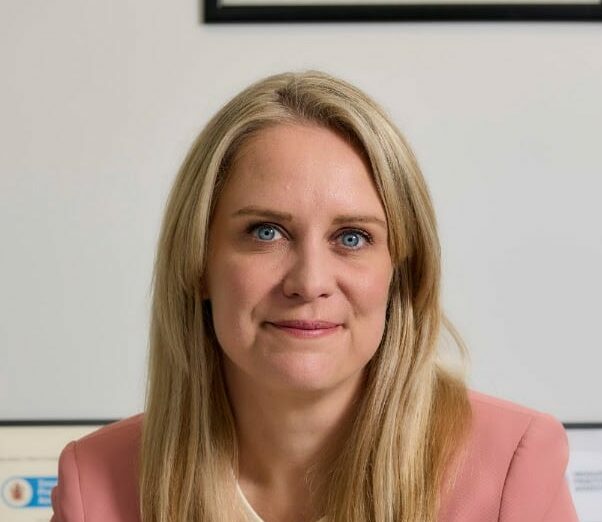- Business
- Manchester
- London
- Lancashire
- Cheshire
AN INSOLVENCY expert has cleared up confusion over Bounce Back loans so businesses avoid finding themselves in ‘hot water’.
The Bounce Back Loan Scheme was launched in 2020 to support small and medium-sized businesses with rapid access to finances during the Covid-19 pandemic.
They were able to borrow up to 25% of their turnover within the £2,000 to £50,000 range.
But five years on, many business owners are unsure on where they stand with their loans, especially if their business has since closed.
Molly Monks (pictured), a licensed insolvency practitioner and founder of Parker Walsh, said: “Bounce Back loans helped thousands of businesses stay afloat during the pandemic.
“Now the majority of headlines about bounce back loans include stories of businesses having to pay back thousands, as the loan was claimed fraudulently.
“Not all loans were claimed fraudulently, though business owners could find themselves in hot water if they are not familiar with what is required.
“We’re often asked by directors if they’re at risk of similar criminal convictions with investigations into abuse of the Bounce Back loans.
“But as long as directors have been honest and have all their evidence and documentation preserved, they can show they legally obtained the loan. Most businesses have nothing to worry about.”
A common misunderstanding, according to Mrs Monks, is whether liquidating a company makes the loan disappear.
“If the company cannot repay the Bounce Back Loan, directors may need to consider liquidation instead of striking off. Liquidation is a formal process where an appointed liquidator handles the company’s debts, including the Bounce Back Loan, through asset sales and other means.
“Directors cannot, however, simply strike off their company and expect any outstanding loans to disappear.
“Repayment obligations remain unless lenders, guarantors or official schemes provide specific relief or a write-off.
“If you’re in a position where you’re unsure about your loan or you’ve been notified that you’re being investigated, seek a lawyer or insolvency practitioner for advice and to work out if you are personally exposed.”
Subscribe to our newsletter
© 2026 BusinessManchester.co.uk | All Rights Reserved.



